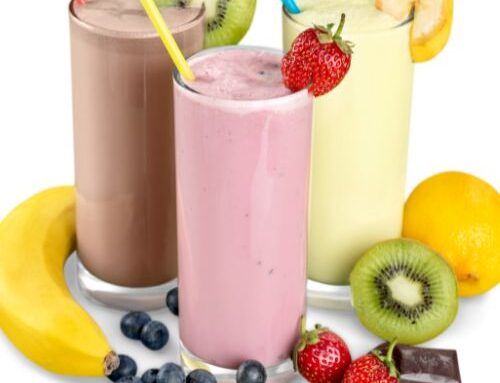Exploring Different Types of Diets: Pros and Cons of Keto, Paleo, and Vegan
In recent years, the world of nutrition has witnessed a surge in interest and experimentation with various types of diets. People are exploring different approaches to find a dietary pattern that suits their goals, preferences, and health needs. Three popular diets that have gained significant attention are the ketogenic diet (keto), the paleolithic diet (paleo), and the vegan diet. In this blog, we will delve into the pros and cons of these diets, providing you with valuable insights to help you make an informed decision.
The Ketogenic Diet (Keto)
The keto diet is characterized by a high-fat, low-carbohydrate approach, aiming to put the body in a state of ketosis. This metabolic state shifts the body’s primary fuel source from carbohydrates to fats. The potential benefits of the keto diet include rapid weight loss, improved insulin sensitivity, and increased mental clarity. However, it is essential to consider the potential drawbacks, such as nutrient deficiencies, a restrictive eating pattern, and the challenge of sustaining the diet long-term.
The Paleolithic Diet (Paleo)
The paleo diet draws inspiration from our ancestors’ eating patterns during the Paleolithic era. It emphasizes whole, unprocessed foods while excluding grains, legumes, and dairy products. Proponents of the paleo diet argue that it promotes weight loss, stabilizes blood sugar levels, and reduces inflammation. On the downside, critics express concerns about the potential lack of certain nutrients, such as calcium and vitamin D, and the exclusion of food groups that provide essential dietary components.
The Vegan Diet
A vegan diet is a plant-based approach that excludes all animal products, including meat, dairy, eggs, and honey. Many people adopt a vegan lifestyle for ethical reasons, environmental concerns, or health benefits. Research suggests that well-planned vegan diets can be nutritionally adequate and provide various health advantages, such as lower risks of heart disease and certain cancers. However, careful attention must be paid to ensure adequate intake of key nutrients like vitamin B12, iron, calcium, and omega-3 fatty acids.
Pros and Cons Compared
Weight Loss: Both the keto and paleo diets have shown potential for initial weight loss due to their restricted carbohydrate intake. However, the long-term sustainability of these diets is a concern. Vegan diets can also lead to weight loss, particularly when emphasizing whole plant foods, but individual results may vary.
Health Benefits: The keto diet may improve insulin sensitivity and assist in managing certain health conditions like epilepsy and metabolic syndrome. On the other hand, paleo and vegan diets have been associated with reduced risks of chronic diseases, including heart disease, certain cancers, and type 2 diabetes.
Nutrient Deficiencies: The keto and paleo diets may pose challenges in meeting certain nutrient requirements due to their restricted food choices. For example, the keto diet may result in inadequate fiber intake, while the paleo diet may lack calcium and vitamin D. Vegans need to pay attention to obtaining nutrients like vitamin B12, iron, and omega-3 fatty acids from plant-based sources.
Sustainability: Adhering to the keto and paleo diets can be challenging due to their restrictive nature, which may limit food choices and social flexibility. The vegan diet, while requiring careful planning, can be sustainable with a wide variety of plant-based options available.
Environmental Impact: From an environmental perspective, veganism is often considered the most sustainable diet due to its lower carbon footprint and reduced reliance on animal agriculture. The keto and paleo diets, which include animal products, generally have a higher environmental impact.
Conclusion
Exploring different types of diets can be a fascinating journey in search of an eating pattern that aligns with your health goals and values. The keto diet offers rapid weight loss and potential metabolic benefits, but it requires careful attention to nutrient intake. The paleo diet focuses on whole, unprocessed foods but may lack certain essential nutrients and restrict food groups. Veganism provides numerous health benefits and is environmentally sustainable but necessitates proper planning to avoid nutrient deficiencies. Ultimately, the best diet for you depends on your unique circumstances, preferences, and goals. Consult with a healthcare professional or registered dietitian to determine which diet is the most suitable fit for your individual needs.




